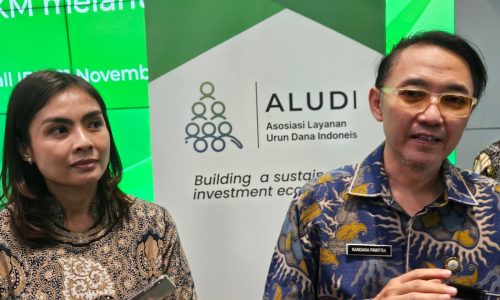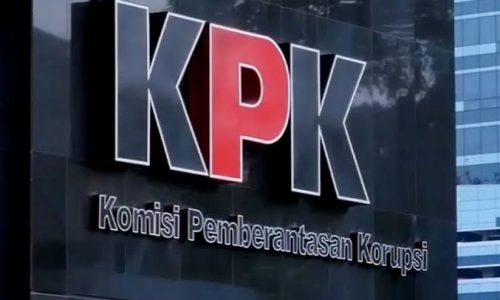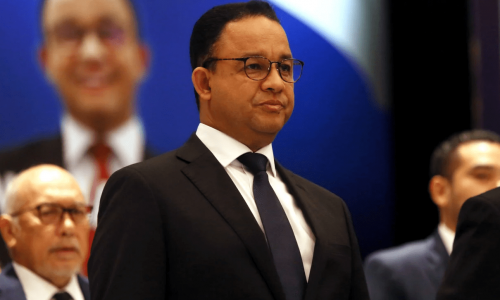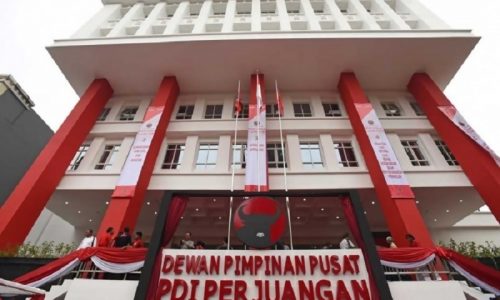Multinational beverage manufacturer Coca-Cola Europacific Partners Indonesia (CCEP Indonesia) launched the “Wawasan Nusantara” environment and community development program in Kutamaneuh Village, Karawang, West Java, on Wednesday, November 6, 2024.
The Wawasan Nusantara, essentially a Corporate Social Responsibility (CSR) project of the company, revolves around water and waste management, sanitation, andcommunity nutrition improvement programs through a holistic approach.
“Through ‘Wawasan Nusantara’, we integrate water, waste management, and nutrition to improve community health and create new economic opportunities. We collaborate with various parties in sustainable development actions,” Lucia Karina, Director of Public Affairs, Communications, and Sustainability at CCEP Indonesia, told Indonesia Business Post.
This program is a collaboration of several stakeholders, not just Coca-Cola, that it can serve as a role model that can be emulated by others,” she added.
Lucia cited that Coca-Cola has collaborated with Dynapack Asia to build the Amandina Bumi Nusantara recycling facility, involving the communities in the construction of the waste recycling facility, through the company-sanctioned Mahija Parahita Nusantara Foundation.
The Wawasan Nusantara program is a development of the WASH+ (Water Access, Sanitation, and Hygiene Plus) program that provides the community with access to clean water and proper sanitation. This time, its scope is expanded to manage solid and liquid waste, improve nutrition through household-scale agriculture, and empower microenterprises based on waste management and agricultural products.
In this event, a panel discussion with the theme “Integrated Approach in Providing Access to Clean Water, Sanitation, and Hygiene” was also held. Fany Wedahuditama from Water Stewardship Indonesia cited that the village census in Kutamaneuh provided important data for designing program interventions, resulting in significant improvements in access to clean water and sanitation.
Eka Jatnika Sundana, a representative of the West Java Regional Development Planning Agency, positively responded to the program.
“Collaboration between the government and the private sector such as that carried out by CCEP Indonesia is very important in accelerating the achievement of sustainable development targets in Indonesia,” Eka said.
Lucia added that her company is committed to supporting the government’s net zero emission target.
“If the government targets 2060 as the deadline, our net zero carbon target is 2040. Therefore, we carry outactivities to minimize, in particular, the existing carbon footprint. However, at the supplier and customer levels, it is still rather difficult to do,” she said.









